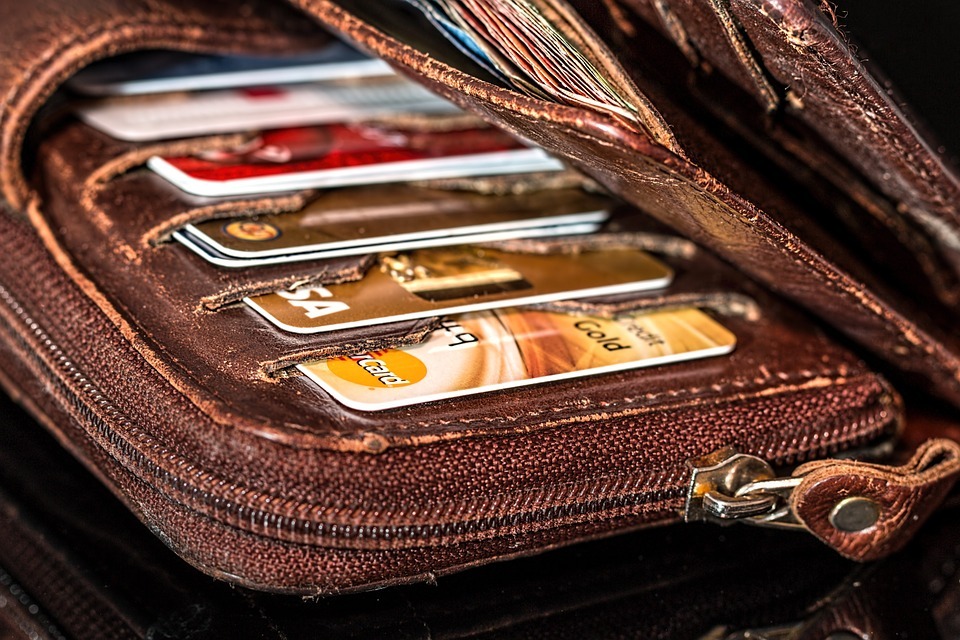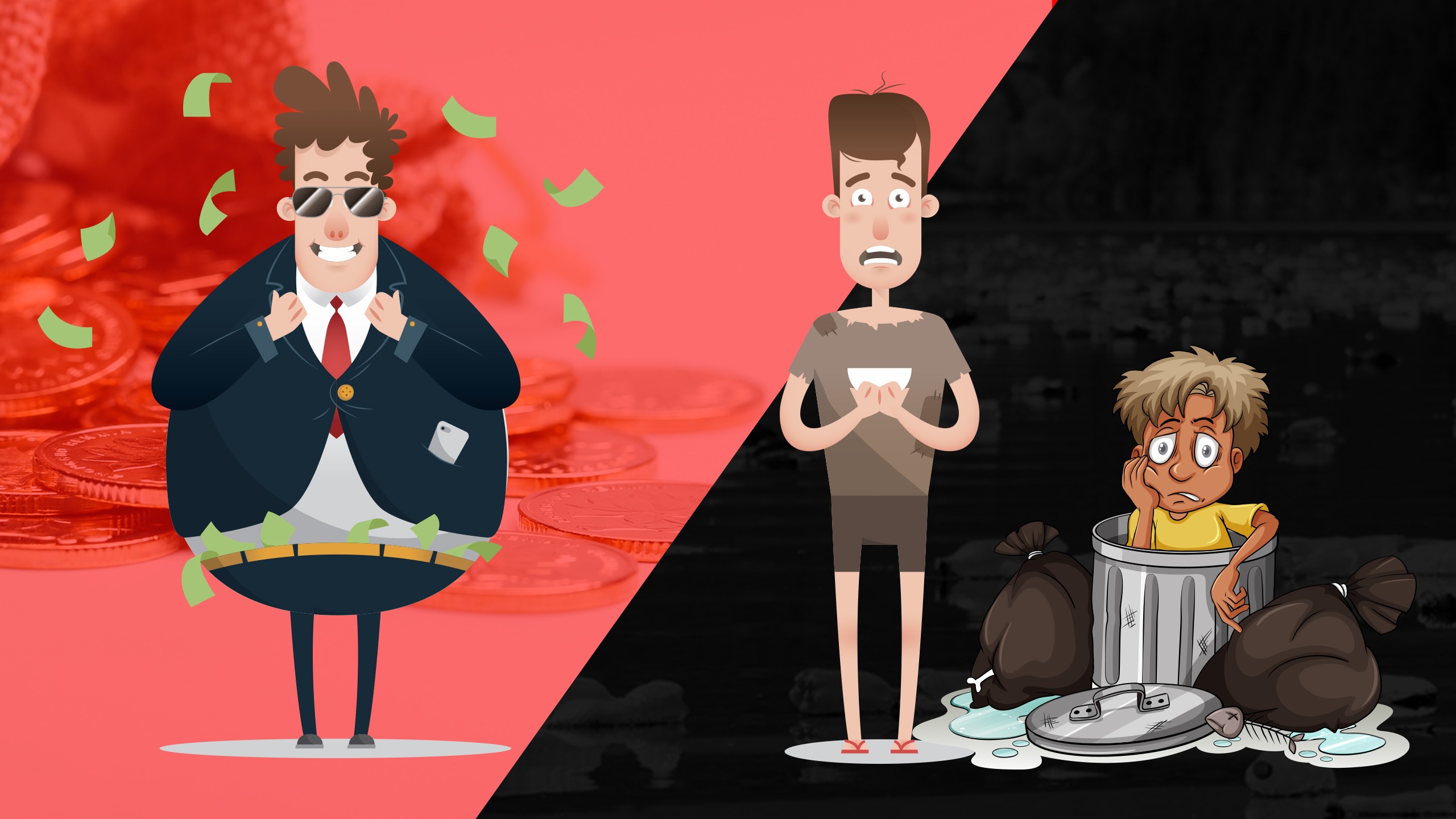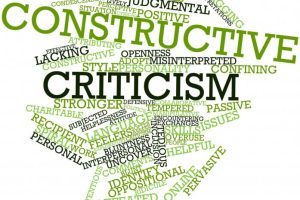The gap between the rich and the poor has become bigger during the last few decades. NGO Oxfam found in a report that wealth concentration increased in 2018. According to the report, 26 billionaires have gathered wealth that is equal to the income of half the poor in the world.
Wealth inequality becomes worse every year. The rich become richer and the poor poorer. The income of billionaires increased by 12% -by 2.5 billion dollars per day. At the same time, the poorer half of the world saw its income decrease by 11% -500 million per day.
There seems to be no end in sight for this vicious circle of poverty. Inequalities thrive and governments do almost nothing to change the situation.
The more you make, the less you pay

Governments favor the rich. According to the World Inequality Report 2018, countries can reduce inequality through progressive taxation and by subsidizing education. However, governments are reluctant to tax the rich. Moreover, according to studies, the rich are more likely to avoid paying their taxes.
According to the World Inequality Report, the United States and Western Europe had similar levels of inequality in 1980 with the top 1% holding about 10% of income. By 2016 the top 1% in Europe had gathered 12% of income, while in the US the 1% held 20% of income.
That happened because US governments became less strict with taxing the rich. At the same time, European policies provided support for education. The measure benefited lower and middle-income families.
Moreover, some governments prefer sales taxes, rather than income taxes. According to the Washington Post, lower-income households spend a greater fraction of their earnings on purchases -for food for example or transportation. As a result, the poor suffer more from taxation than high-income families.
Family and education play a big role

The first stages of one’s life define his/her financial situation. Specifically, education and cultural environment determine the future success of a child.
A child born into a wealthy family has access to resources and a high level of education. Those children have an advantage compared to poor kids. Some studies show that wealthy children are likely to stay rich at about the same rate as poor kids are likely to stay poor.
While parents in poor families spend money on the immediate needs of their children -like food and housing-, rich families spend their money in order to give their children access to means that ensure their well-being. It is hard to achieve financial success, when you have to work hard in order to cover your basic needs, or when you don’t live in a safe environment (for example when your house is in a dangerous neighborhood).
Wealthy children will choose a better college and they will enter the workplace with little or no debt. Poor children have to choose a college based on their means. They also choose a major that can later provide financial stability. Moreover, upon graduation, they face the prospect of a large debt.
Acquaintances help the rich to find jobs easier, while the poor do not have that advantage. Except for general education, the poor sometimes lack financial education as well. Financial intelligence gives people the ability to make effective decisions. It gives an understanding of how money works and how people can use them in order to change their financial situation.
Rich mindset is willing to invest resources to something that pays off in the long-term. Poor people usually do not have access to resources and the lower their income is the lower their investments.
Poor people are, also, less willing to take financial risks. While rich people have the opportunity to risk everything, poor people are more afraid to do so. Financial intelligence could help to give them the self-confidence they need in order to invest and win more.
So, what can be done? Governments should take measures in order to tax wealthy people. They can distribute the money to those who need them. Countries can use that revenue in order to invest in education, infrastructure or health. That could give more economic opportunities to people who need them and help in closing the gap between the rich and the poor.









